Law and the City Ending Explained: Directed and written by Park Seung-woo, Disney+’s K-drama 서초동 (Seocho-dong) is a biting legal realism and personal human drama. Lee Jong-suk stars as Ahn Ju-hyeong, a genius but emotionally distant lawyer whose life is all about precision and routine. Mun Ka-young adds depth to Kang Hee-ji, a moral lawyer motivated by empathy and justice. They are joined by Kang You-seok as Cho Chang-won, Ryu Hye-young as Bae Mun-jeong, and Im Sung-jae as Ha Sang-gi, each playing rich, complex characters who move between courtrooms and personal crossroads.
Law and the City Series Recap
Set in Seoul, Law and the City kdrama profiles the professional and personal lives of five attorneys. The show is a rich tapestry of courtroom battles, inner conflicts, and changing friendships. Though each case is distinct, from dirty divorces and business battles to medical malpractice and inheritance wars, the emotional thread that unites them is the moral nuance of the law.
Ahn Ju-hyeong starts out as a man of habit, unencumbered by the emotional burden of his cases, but phenomenally skilled at cutting apart facts. Hee-ji comes to the firm with warmth and idealism, and is soon at odds with Ju-hyeong’s clinician’s mindset. But their past history, suggested through flashbacks, increasingly changes the terms on which they relate to each other, meshing professional rivalry with unresolved feelings.
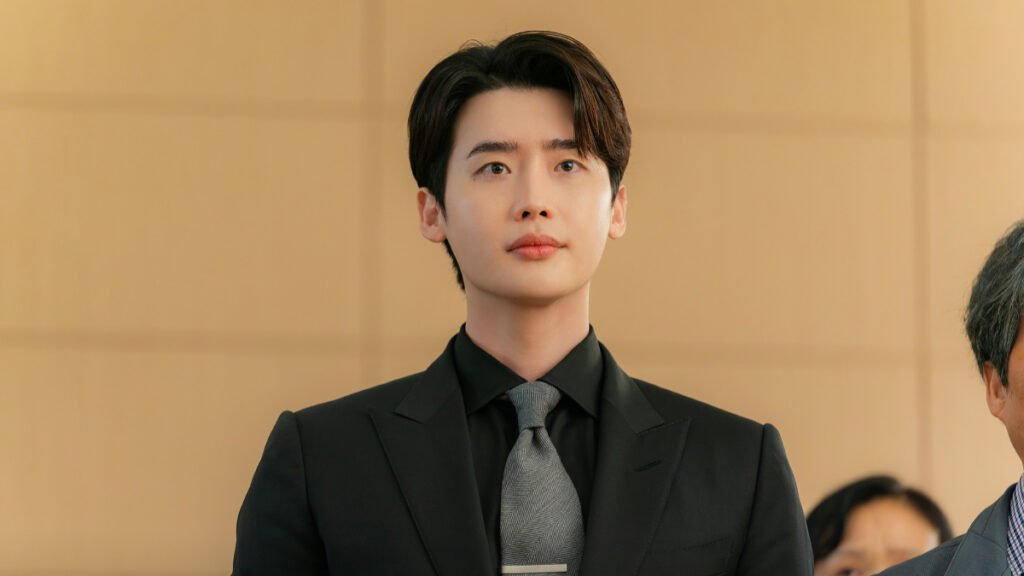
As the new firm begins, the lawyers’ work accelerates, engaging them in outside forces and internal conflict. Chang-won struggles with honour and filial loyalty, Mun-jeong navigates a high-pressure job with physical and psychological well-being and interpersonal relationships, and Sang-gi works quietly for a purpose behind the courtroom wins. In the midst of the seriousness, office friendship, especially in their morning lunchroom arguments, provides flashes of humour.
By wins and losses, the series is not afraid to depict the price that law work takes from its practitioners. It depicts the reality: the law can be used for justice, but it can be used for the undeserving too, and lawyers must choose every single day which side of that boundary they are willing to stay on.
By Law and the City Episode 12, each group member is presented with a choice that will define their career and life, wrapping up their entwined storylines on a melancholy note. Below, we break down the principal questions and answers in the finale.

Law and the City Ending Explained
Did Ahn Ju-hyeong and Kang Hee-ji End Up Together?
The program never gives us a definitive romantic resolution for Ju-hyeong and Hee-ji, and that’s not an accident. Their attraction is not based on grand pronouncements but on respect that builds over time. They begin as ideological opposites; he believes in logic and efficiency, she believes in empathy and justice, but shared cases and moral dilemmas unite them. Their Hong Kong past, when they kissed and promised to meet again, gives a bittersweet background to their present-day interactions.
In the finale, Hee-ji quits the firm to become a public defender, and Ju-hyeong quits to establish his own law practice and fight the cases he believes in — specifically Mr Park’s case, which the bosses had instructed him to abandon. Their goodbye scene is warm and encouraging, but presented as the termination of a working relationship, not a love resolution. Korean drama Law and the City recognise that they will probably see each other again someday, but their existing ones are more about self-development than love.
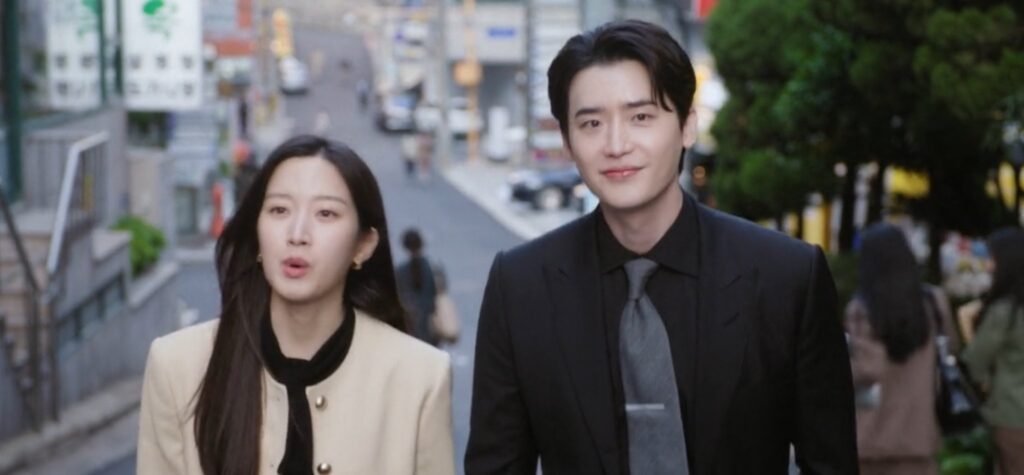
Why Did Ju-hyeong Leave the Hyungmin Law Group?
Ju-hyeong quits in a fit of conscience over Mr Park’s case. Previously, his superior had instructed him to let it drop because the company’s financial interests were at odds with the defence of Mr Park. This reminds him of his previous compromises — times when he’d suppressed his unease in order to woo the highest-paying client. But Man-su’s death and realising Mr Park was wronged tips him over.
Instead of slinking away, Ju-hyeong makes a point: he’s going to reopen Mr Park’s case at his own pace, his first move towards a practice where conscience and workload are equal. His resignation is as much a question of personal dignity as of justice, and it represents the most significant change in his personality since Episode 1.
How Did the Other Lawyers’ Stories End?
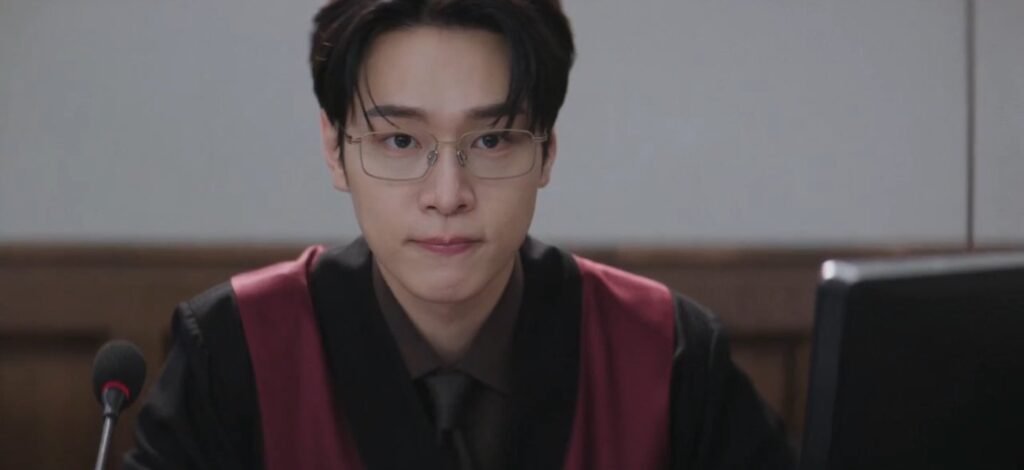
Kang Hee-ji moves into public defence practice, taking on difficult, usually ungrateful cases. Her path is a model of the strength to venture into the morally ambiguous without sacrificing her empathy. Cho Chang-won also quits his job and becomes a prosecutor, representing the other side of the bench — a new career path taken after he refused to represent a man whose conduct conflicted with him morally.
Ha Sang-gi departs to study for a PhD and helps a professor, meanwhile getting into a possible relationship with Kim Ryu-jin after their impromptu night of intimacy. Meanwhile, Bae Mun-jeong prefers to be safe, remaining with the company she cares for and going on maternity leave while finding a good temporary substitute.
These endings together capture the series’ main message: the law can hold them, but every individual has to create their own definition of justice.
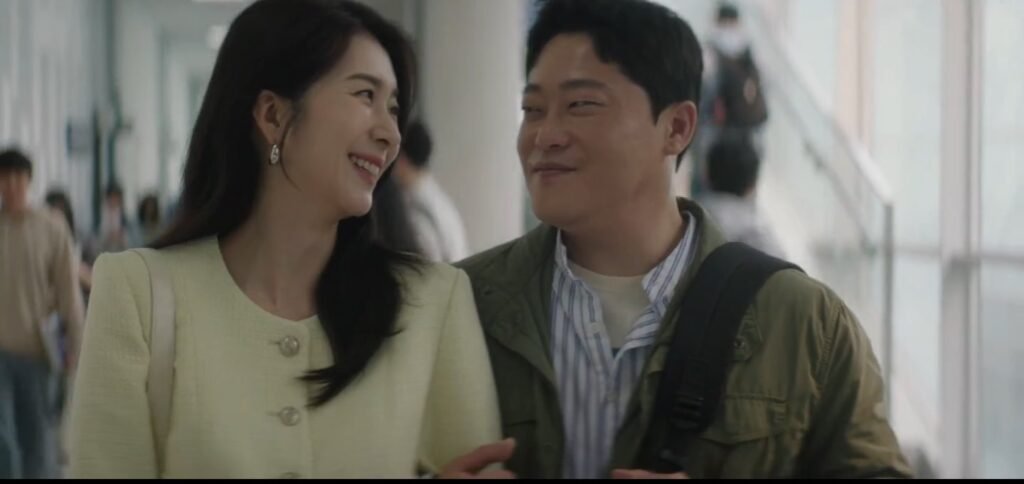
What Does the Ending of Law and the City Signify?
The End of Law and the City emphasises autonomy and honour in a line of work generally defined by compromise. Each character makes a choice that is consistent with their values as opposed to staying in the security of the combined firm. For Ju-hyeong, it is the choice to turn down lucrative cases that go against his conscience. For Hee-ji, it’s standing up for society’s weakest, even when the moral lines are not clearly drawn.
By showing the group splitting up into various career paths, the finale emphasises that success as a lawyer is not a question of firm ranking or salary, but of individual fit with one’s own values. But the ultimate reunion at the favourite diner reaffirms that their friendship is stronger than even the door of the office, representing stability in the midst of change.
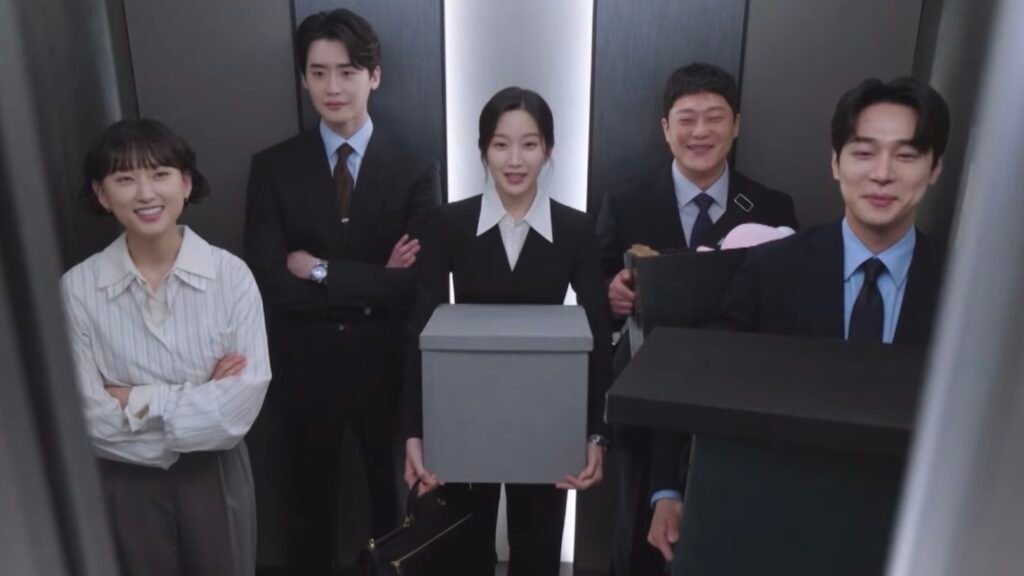
What is the significance of the final Reunion Scene?
After months of being apart, the five friends reunite at their old restaurant, sharing a meal as they once had before tough mergers, high-profile cases, and resignations tore everything apart. The mood is relaxed, reminiscent of earlier lunches, but with the knowledge of how far they have come. It’s a visual and emotional bookend to the series: despite diverging careers, the bonds they formed within the crazy confines of Hyungmin Law Group endure. In legal dramas, we tend to end with the closing of a courtroom door as the last shot — here, it’s the clinking of chopsticks and the sound of laughter among friends, reminding us that ultimately, human connection is the victory.
Also Read: Law and the City Episodes 1-2 Review: Lee Jong-suk’s Comeback Kdrama Is a Slow-Burn Legal Gem
